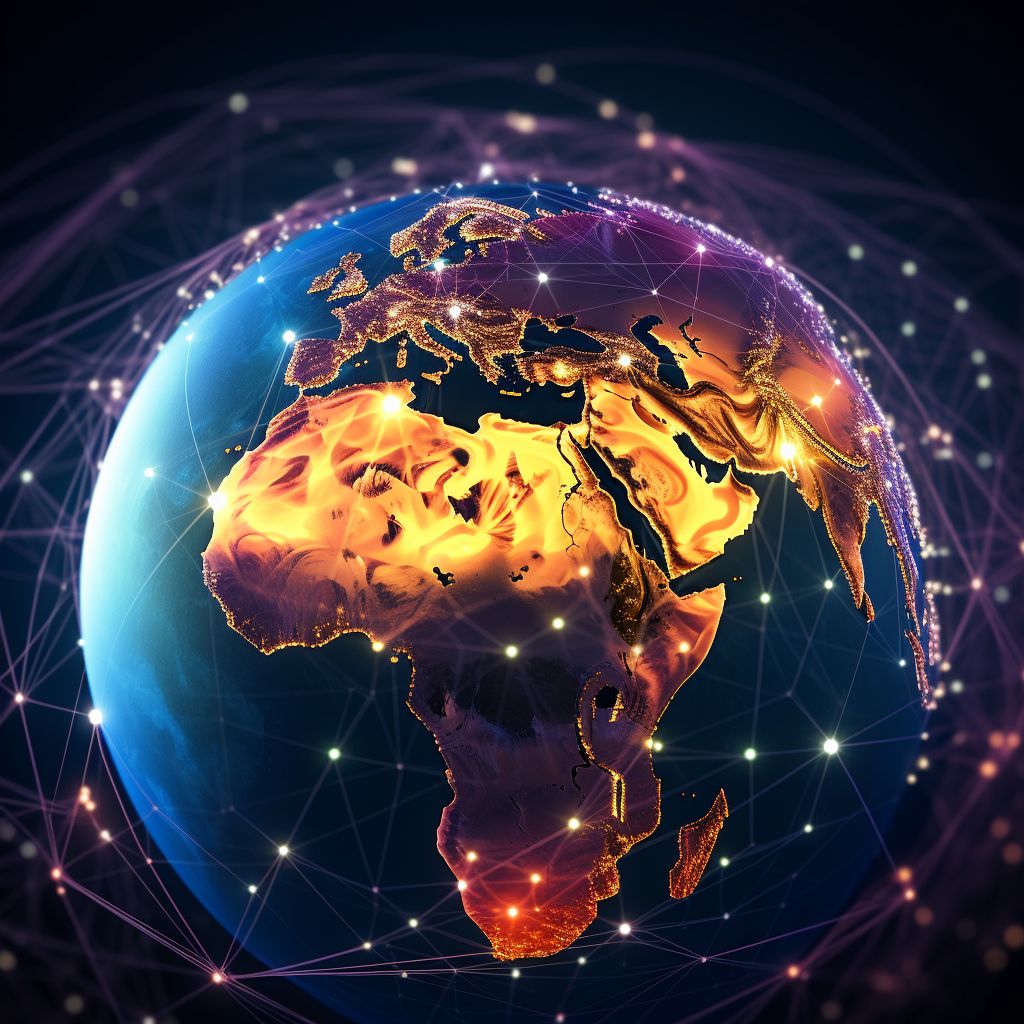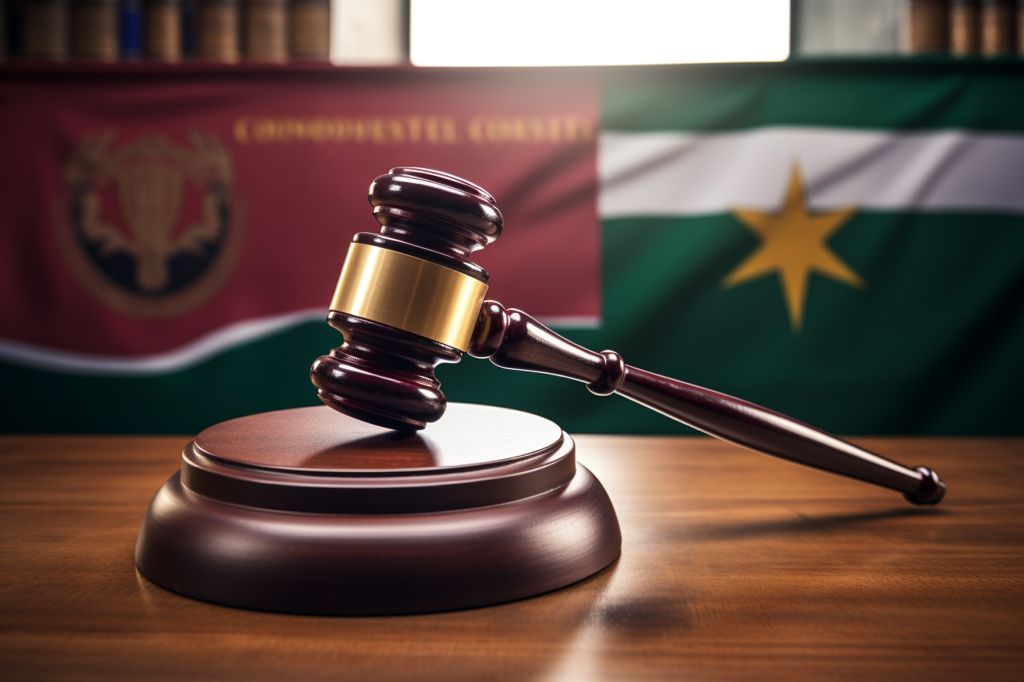The Huawei Eco-Connect Sub-Saharan Africa Summit 2023 brought together leaders from various sectors to discuss the future of the digital economy. This event took place amidst significant global shifts in digital governance and technology advancements. South Africa’s Deputy Minister of Communications and Digital Technologies, Philly Mapulane, highlighted the importance of ICT infrastructure and affordable communication, especially for marginalized communities.
The Digital Divide
In today’s era of rapid technological transformation, the digital economy accounts for over 15% of global GDP and is expected to grow exponentially. However, while the world embraces the post-5G environment, Africa and the developing world face challenges in bridging the digital divide. The South African government is working to address this issue through a variety of policy interventions.
Prerequisites for Digital Transformation
Deputy Minister Mapulane outlined several prerequisites for digital transformation in South Africa. There is a need for affordable, reliable, and secure connectivity for all citizens. The government aims to provide 80% of South Africans with high-speed internet access within three years through the “SA Connect” broadband policy intervention. Citizens should have access to affordable, quality broadband services and smart digital devices to access government services without depleting their resources. Citizens also need to be capacitated in digital skills for meaningful utilization of digital devices and connectivity, enabling them to leverage digital technologies for problem-solving and income generation. SMMEs play a crucial role in innovation, economic growth, and employment, and industry partnerships should provide targeted support to these enterprises in accessing digital technologies, venture finance, and global value chains.
Government Interventions
The South African government is undertaking various policy and legislative interventions to create a conducive environment for the digital economy. The Broadcast Digital Migration program and the Next Generation Spectrum Policy are examples of such interventions. The recent agreement with broadcasters to discontinue analog television broadcasting above the 694MHz by July 31, 2023, will free up high-demand spectrum for improved mobile telecommunications access. The government is also working on implementing the Digital Economy Master Plan, rapidly deploying digital infrastructure, supporting the discontinuation of copper to fiber and 2G/3G to 4G/5G, and accelerating the implementation of the recommendations of the Presidential Commission on 4IR.
Collaboration with Huawei
The South African government seeks to collaborate with companies like Huawei to expand network coverage across the country. This collaboration will address the digital divide and provide better, faster digital services to all citizens. The Huawei Eco-Connect Summit serves as a vital platform for communication in the digital economy and digital fields, driving the development of South Africa’s digital future.
BRICS Communication Ministers Meeting
As the 9th BRICS Communication Ministers Meeting approaches in Cape Town, Mapulane expressed confidence that fruitful cooperation and collaboration on digital economy development would emerge from the summit, leveraging opportunities in innovation and digitalization. This meeting will provide an opportunity to discuss the future of the digital economy and to explore ways to harness the power of digital technologies to drive economic growth and development in South Africa.








